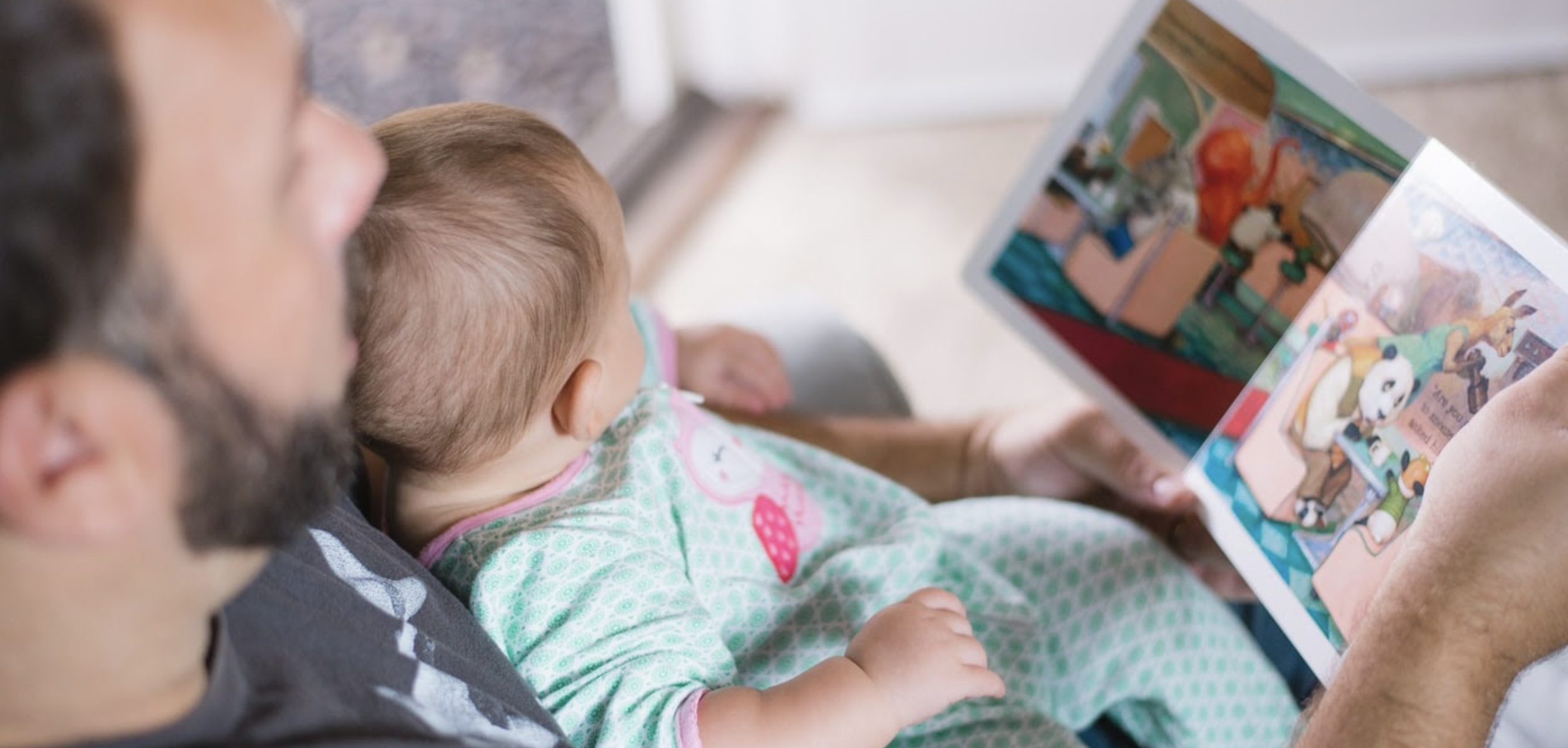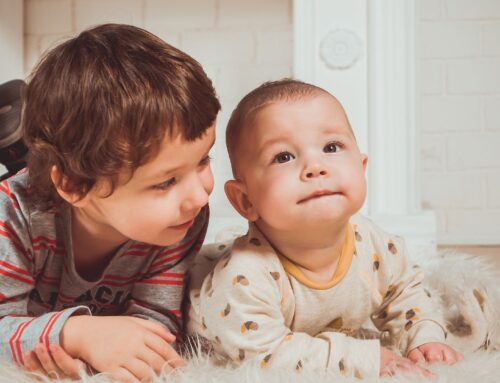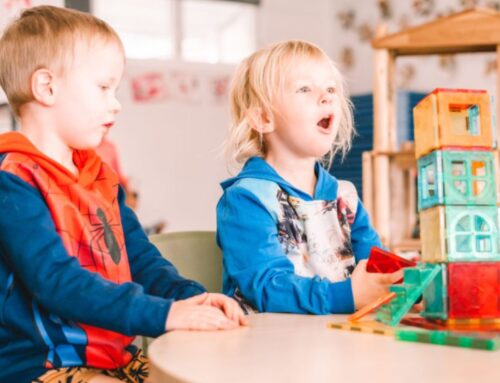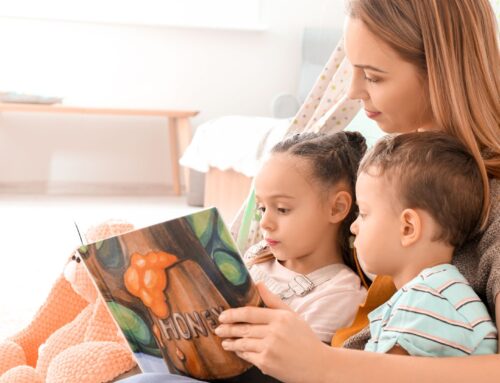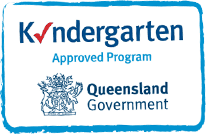Learning language
Even before babies leave the womb, they are paying attention to the sounds around them – language and words is with them even then. Healthy infants are born with fully developed hearing, listening to their mother and the world around her. She will take in everything, the rhythms and patterns that will become her language early on, the babbles and coos she practices preparing her vocal cords for her soon to be first words.
Infants from around 6 months of age begin to recognise key words, and by 8 or 9 months might be starting to say them. Our infants develop so fast in the first couple of years, that’s why it’s never too soon to start reading.
Reading and writing skills will be taught in school, but we can pass on to them a love of reading and literacy from birth. The early literacy skills we will cover today include looking at and engaging with books, the power in narratives, identifying letters and sounds and learning vocabulary. All of this you can do at home!
1 – A love of Books
Connection is key. Enjoy spending one on one time with your child from early on reading stories and books together. Your child will enjoy this time and associate the positivity of being close to their parent with the positive emotions that books and stories can bring. Try to make it a normal part of the day, such as a bedtime a story – your child will look forward to this moment and motivate them to learn to read at the same time. The process itself is the best learning tool we can offer our children from birth in instilling a love of literature.
2- The power in a narrative
Your child can and will be captivated if you read to them, wind some magic into your words to tell the tale. Get creative and capture their attention! With repetition, your child will be able to recognise your narrative voice, and within time your child will be able practice narratives of their own, telling you their own stories which will defiantly captivate your attention in return. This will support children later in life when its time for them to learn how to read and write.
3- Expanded vocabulary
All children can pick up words passively, but we can talk to our children from birth to draw their attention to specific words and connect them with specific items. Saying those words and repeating them will give familiarity and allow them to remember their new words from the world around them. The same applies for words that we see around us, on signs, in books, words on cereal boxes – when we point them out to our children this encourages them to pay attention to text itself.
4.Have fun with sounds
We know what sounds stand for which letter but spelling rules (especially in English), and understanding that level of complexity is even hard for adults! To be able to read words, children need to be able to map sounds to specific letters – that’s what helps us sound out and read our first words as children and what is called Phonics. The easiest way to expose our children to early sound recognition concepts is singing to them, think classic nursery rhymes with silly content like “Old Macdonald had a Farm, E-I-E-I-O”. Your child will connect the animal sounds to the animal – expanding their vocabulary, enjoying the narrative and subconsciously learning how to sound out letters in the process that they will recognise later on. If you help them make the connection, say by pointing the letter E or I or O in your next bedtime story – consider that a parenting win!

